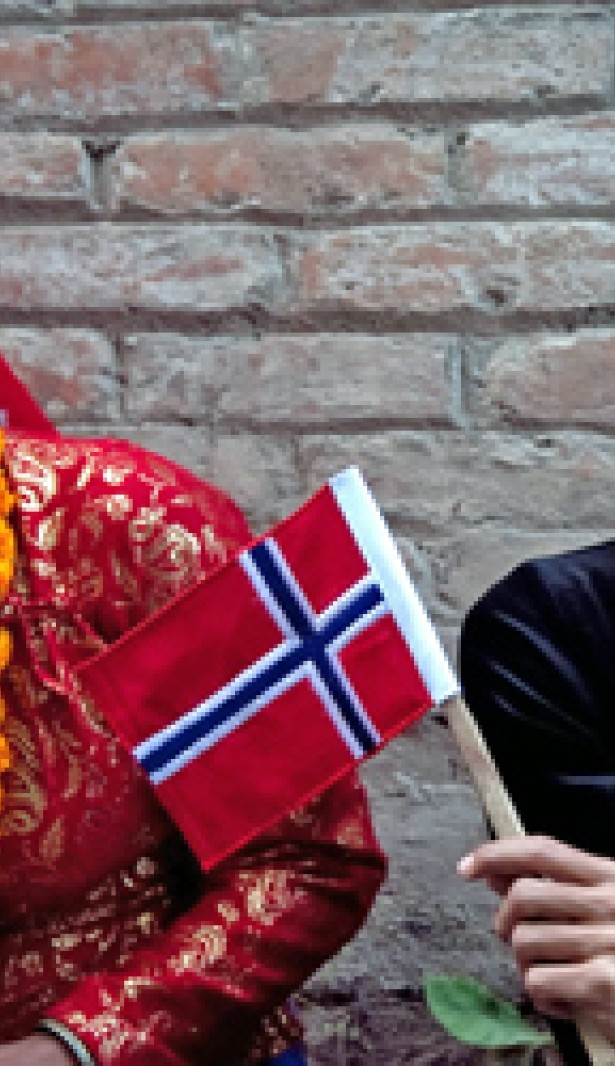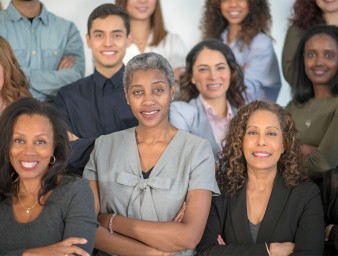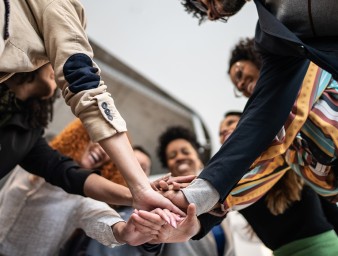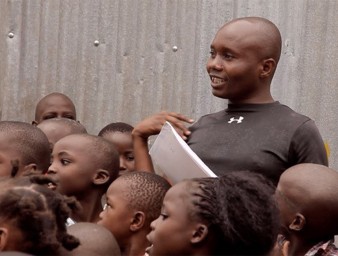Experts: Stereotypes and fear continue to block access to health care for some
24 October 2017
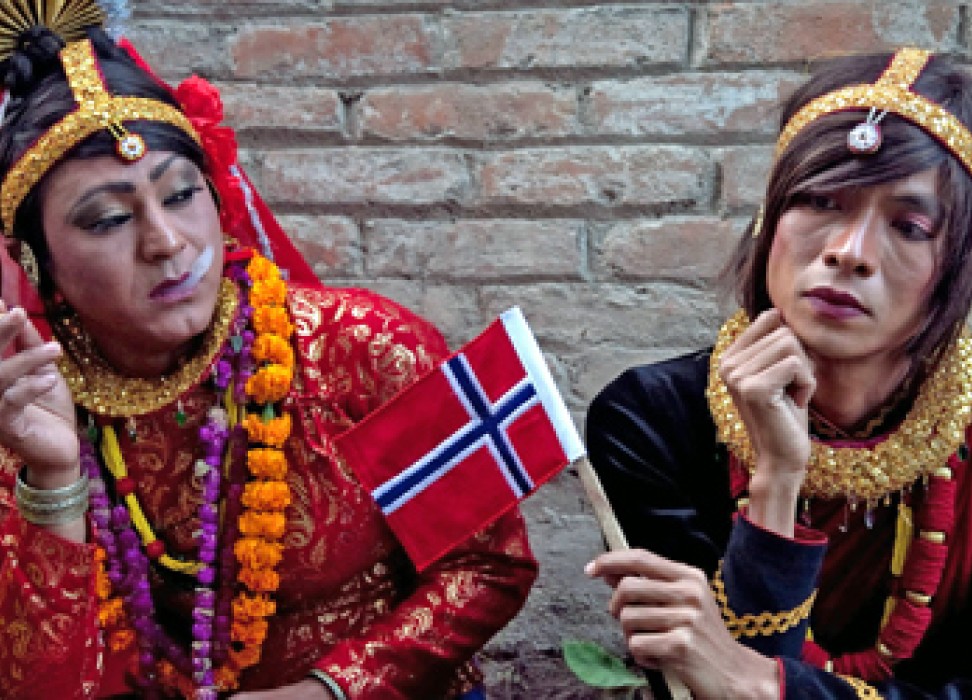
For many, access to health care is a problem compounded by many factors including stigma, lack of adequate or any health care facilities or even expense of treatment. But during the Social Forum, participants talked about ways human rights can combat discrimination and improve access to health care for all.
Dr Luiz Loures, Deputy Executive Director of UNAIDS, fully admits that he is not an expert on human rights.
He is a medical doctor with decades of experience, but he has seen how ignorance and stigma can prevent access to health care.
Loures was a doctor early on in the HIV epidemic. During that time, Loures dealt first hand with the stigma and fear associated with HIV. He often would work 18-hour shifts in hospital, as his colleagues were too afraid to assist with his HIV patients. And patients were diagnosed late, if at all, because of the fear of being labelled with the disease.
Things have changed in the 30 years since the HIV crisis first began, he said, but discrimination against people with HIV because of stereotypes and other stigma are still a barrier to accessing health care.
“What I see in terms of stigma …it seems like we are stuck in the 80s,” Loures said. “And it is clear today that this stigma is killing (people), and bringing a new crisis (in health care) to us.”
Loures made his statement as part of a panel discussion on discrimination and the realization to the right to health during the Human Rights Council Social Forum. The Forum is a yearly three-day conference that brings together government officials, NGOs, United Nations agencies and others, to focus on a particular issue and how human rights can assist in the way forward. This year, the Social Forum focused on “promotion and protection of human rights in the context of the HIV epidemic and other communicable disease and epidemics.”
For many communities, access to health care can be limited or out of reach for many reasons including stigma, stereotypes, distance to facilities or event lack of client/patient confidentiality. At the Forum, a number of discussions looked at how human rights are key to the access to health care for all.
According to a report published by UNAIDS on confronting HIV and Aids related discrimination in health care, 40 percent of transgender people “did not seek health care because of who they are,” said Michel Sidibé, UNAIDS executive director.
To Phylesha Brown-Acton, that statistic does not come as surprise. As a member of the Regional Steering Committee of the Pacific Transgender Network, she says transgender people have long had difficulty access health care. Whether it is stereotyping, stigma associated with being who they are, or lack of legal gender recognition, it all adds up to many transgender people being unable to get the services they need.
“Those are instances and barriers that automatically set them up for situations where they are discriminated against at the front line (of health services) and discriminated in a way that is detrimental to their health,” she said.
For the community that Brun Gonzalez works with, stigma and stereotypes are often underpinned by laws. Gonzalez is the chair of the International Network of People who Use Drugs and drug users are a group pilloried because of the criminalization of drugs and their associated negative impacts.
“Then people who are health service providers have this frame work where they see people who use drugs as delinquents, who strain their services, are linked to organized crimes, who are twisted, altered, sick people who have no morals, no values what so ever,” Gonzalez said. “So they don’t want to engage them, they don’t want to provide services, they don’t want to use needles around them to give them medicines.”
But there is hope and that hope comes through human rights, said UN High Commissioner for Human Rights Zeid Ra’ad Al Hussein. Substantial evidence shows that in every context, health policies and programmes based on human rights deliver better health outcomes, he said in his address to the Forum.
“We know what needs doing and why it should be done, and we know too that it makes financial sense,” he said. “Epidemics and pandemics demonstrate that everyone's health is interconnected – not only in the literal sense of contagion, but also in terms of economic and social impact. An extensive and nuanced body of international and national law elaborates the scope of the right to health. Access to health-care of quality is not a privilege for the wealthy few, but a universal right – and where this right is prioritised, everyone benefits.”
24 October 2017
